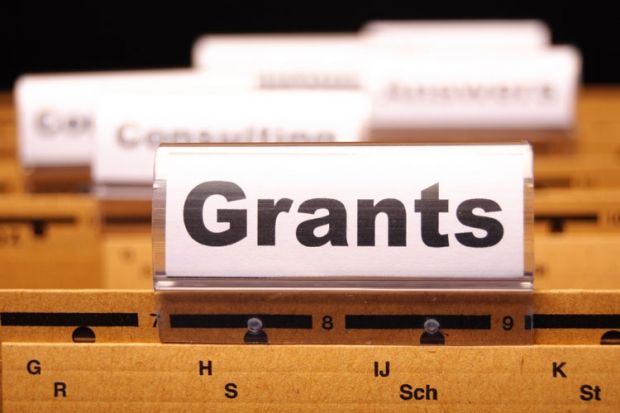Leverhulme Trust
Research project grants
Sciences
- Award winner: Timothy Birkhead
- Institution: University of Sheffield
- Value: £261,958
Evolution of avian egg design
- Award winner: Peter Davidson
- Institution: University of Cambridge
- Value: £246,028
Are planetary magnetic fields generated and maintained by inertial waves?
- Award winner: Kayla King
- Institution: University of Oxford
- Value: £226,955
Transitions to defensive mutualism: an experimental coevolution approach
Humanities
- Award winner: Siobhan Lambert-Hurley
- Institution: Loughborough University
- Value: £91,977
Veiled voyagers: Muslim women travellers from Asia and the Middle East
Royal Society
Wolfson Research Merit Awards
These awards are worth £10,000-£30,000 a year, which is a salary enhancement
- Award winner: Sharon Ashbrook
- Institution: University of St Andrews
Exploiting NMR spectroscopy: local structure and disorder in solids
- Award winner: Lucy Walker
- Institution: University College London
Exploring new biomarkers for the prediction and therapy of type 1 diabetes
Engineering and Physical Sciences Research Council
- Award winner: Gianluca Demartini
- Institution: University of Sheffield
- Value: £99,555
BetterCrowd: human computation for big data
- Award winner: Dennis Lam
- Institution: University of Bradford
- Value: £379,154
Structural and fire resistance of a reusable steel/concrete composite floor system
- Award winner: Paolo Missier
- Institution: Newcastle University
- Value: £584,269
ReComp: sustained value extraction from analytics by recurring selective recomputation
- Award winner: Laura Murciano
- Institution: University of Cambridge
- Value: £498,834
Integrated anode-less PEM fuel cells (iaPEM-FC) – beyond hydrogen
In detail
European Research Council
Award winner: James Mallinson
Institution: Soas, University of London
Value: €1.85 million
The Hatha Yoga Project: mapping Indian and transnational traditions of physical yoga through philology and ethnography
This project will explore the history of hatha yoga, a source of much of the modern yoga practised around the world today. It will draw on hatha yoga’s textual corpus and on fieldwork among its current ascetic practitioners to reconstruct the history of its practice. The team will explore the form, and its practitioners, concentrating on the period of its formalisation, between the 11th and 15th centuries. The study will also document its subsequent development and proliferation and attempt to identify what constituted yoga practice in India on the eve of colonialism. “The history of hatha yoga is crucial for an understanding of both Indian religion and modern yoga, but is yet to be the object of serious study,” said James Mallinson, lecturer in Sanskrit and classical Indian studies at Soas, University of London. “As a result, key questions about yoga – such as who were hatha yoga’s first practitioners and why did they practise it, and which modern yoga practices predate colonialism and which are innovations – are yet to be answered satisfactorily. The project seeks to redress this by identifying the origins of both hatha and modern yoga.”
Register to continue
Why register?
- Registration is free and only takes a moment
- Once registered, you can read 3 articles a month
- Sign up for our newsletter
Subscribe
Or subscribe for unlimited access to:
- Unlimited access to news, views, insights & reviews
- Digital editions
- Digital access to THE’s university and college rankings analysis
Already registered or a current subscriber? Login
